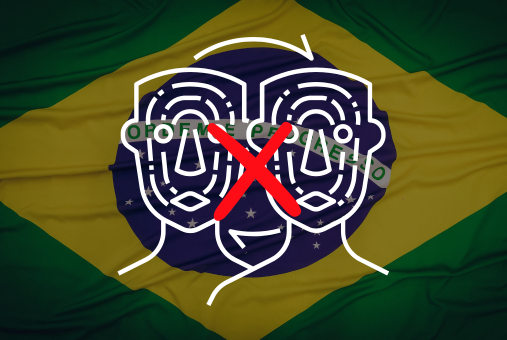
Deepfakes are the tool of the moment for spreading electoral disinformation. Regulation attempts to prevent candidates from using them, but content monitoring is limited. Therefore, collaboration between the public and journalists is essential to identify disinformation that targets candidates in Brazil's municipal elections.

Factchequeado, a U.S. initiative from Chequeado and Maldita.es, is betting on projects that include an interactive course on WhatsApp and a bilingual guide for journalists, to try to shield Spanish-speaking communities in that country from misinformation ahead of presidential elections on Nov. 5.
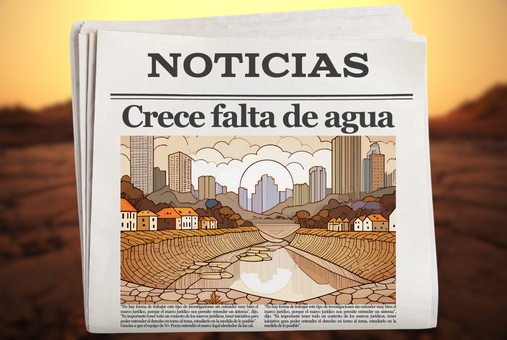
Disinformation and obstacles to accessing public information are some of the challenges that journalists from Bolivia, Colombia and Mexico have faced when covering issues related to water. Reporters shared recommendations to improve coverage of the water crisis, including the use of long-term and long-form reporting.
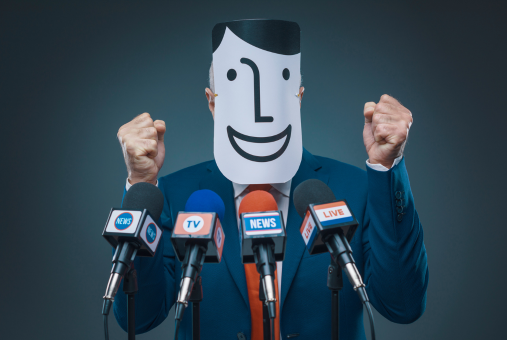
In the midst of election season in Uruguay and ahead of voting for president this October, congressmen from the ruling party propose a bill that penalizes the creation and dissemination of misleading content. Civil society organizations warn that it is not the appropriate solution to disinformation.
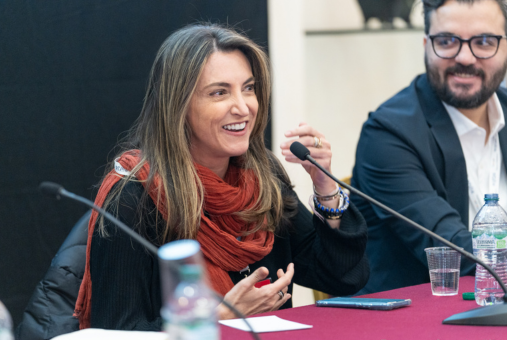
The importance of monitoring disinformation in political campaigns, the risks of using social networks to influence public discourse and the current role of fact checking were some topics that panelists from Argentina, Brazil and Mexico addressed at the International Journalism Festival 2024, in Perugia, Italy.

At the 2023 Global Disinformation Summit, journalists from various media outlets and organizations in the region highlighted the importance of identifying actors, regional patterns and business models behind disinformation campaigns that affect sensitive issues such as elections, migration, health, and gender.

Faced with the disinformation created by images generated with artificial intelligence, a project led by Adobe seeks to implement a technological standard that provides data on the origin and alterations of digital content on the Internet. Although it is in its early stages, more than 50 news outlets and fact-checkers in Latin America have already joined as members.
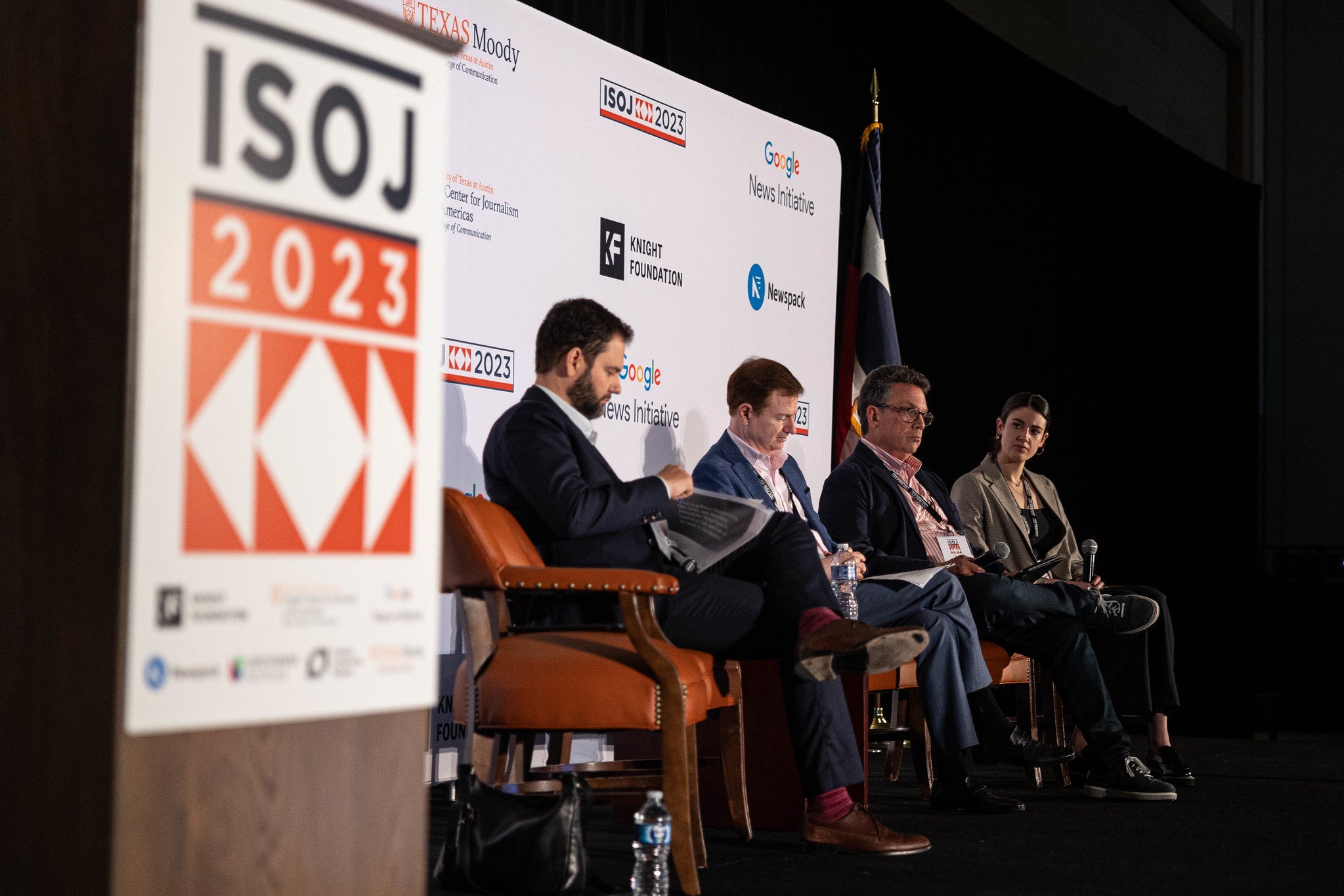
Glenn Kessler, chief fact checker at the Washington Post, Khaya Himmelman, a political misinformation reporter, Bill Adair, the founder of PolitiFact and Sérgio Dávila, editor-in-chief of Brazillian newspaper Folha de S.Paulo spoke on a panel about fact checking and misinformation in hyperpolarized times moderated by Anya Schiffrin of Columbia University.
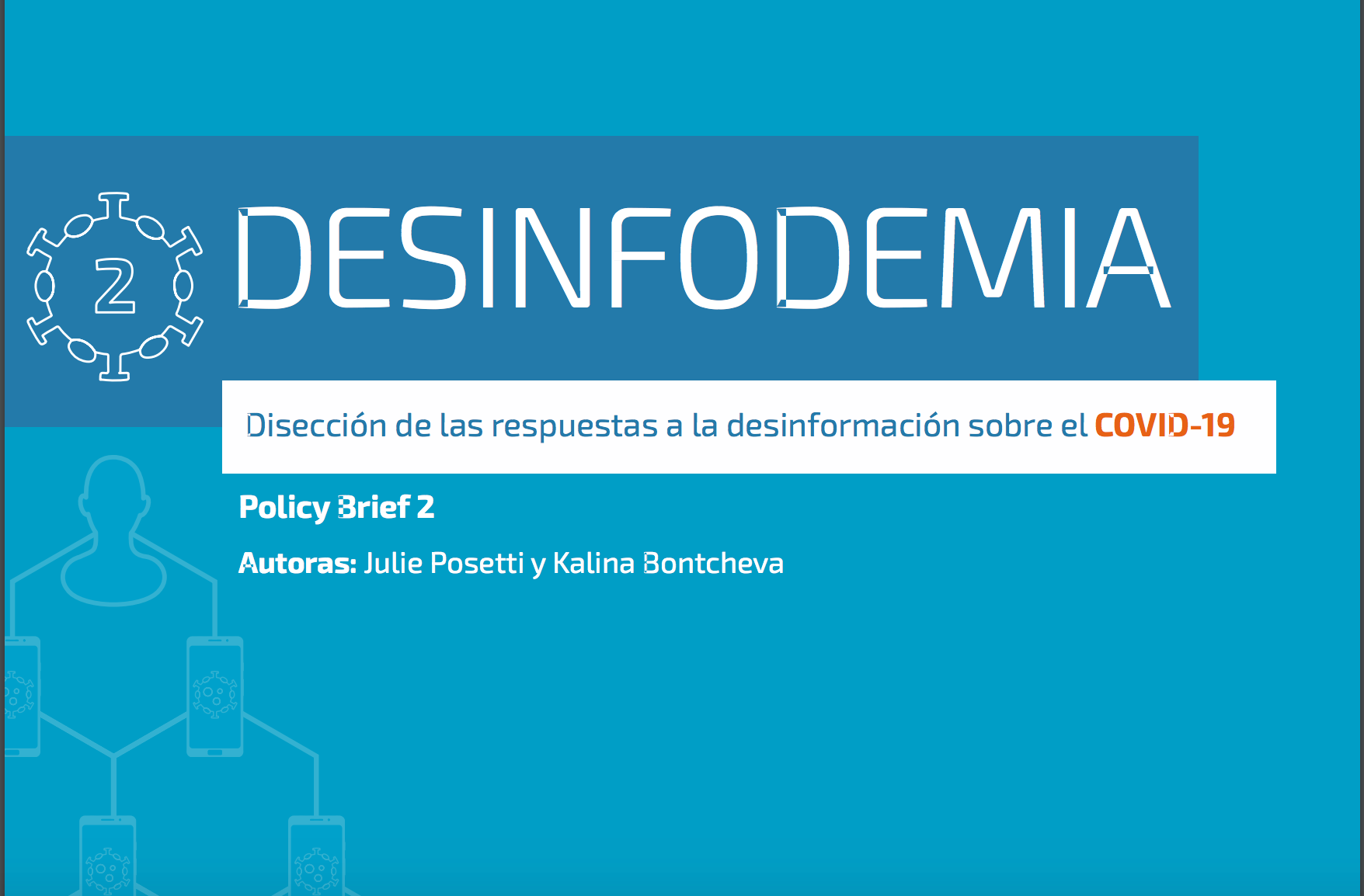
UNESCO published two policy reports in Spanish to understand and respond to the 'infodemic': the disinformation pandemic about COVID-19 that has circulated at a speed impossible to control.
Thirty winners in 10 Latin American countries were selected as part of the Google News Initiative Innovation Challenges for 2019 and together will receive about US $4.4 million to develop digital projects.
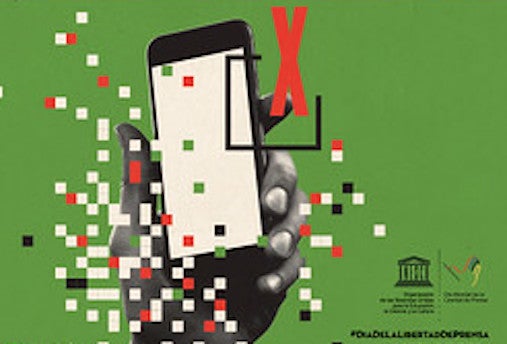
Each May 3 is a global celebration of press freedom and its importance to society. For this year’s World Press Freedom Day (WPFD), journalists and press freedom advocates will focus on media and elections, as well as the role of media in peace and reconciliation
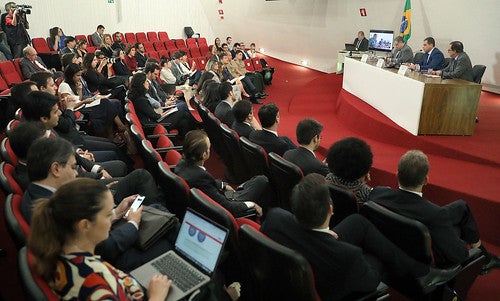
Seven Brazilian verification initiatives presented a letter with suggestions of concrete measures that the Superior Electoral Court (TSE, for its initials in Portuguese) can take to help them fight general disinformation related to the country's elections, whose second round happens on Oct. 28.